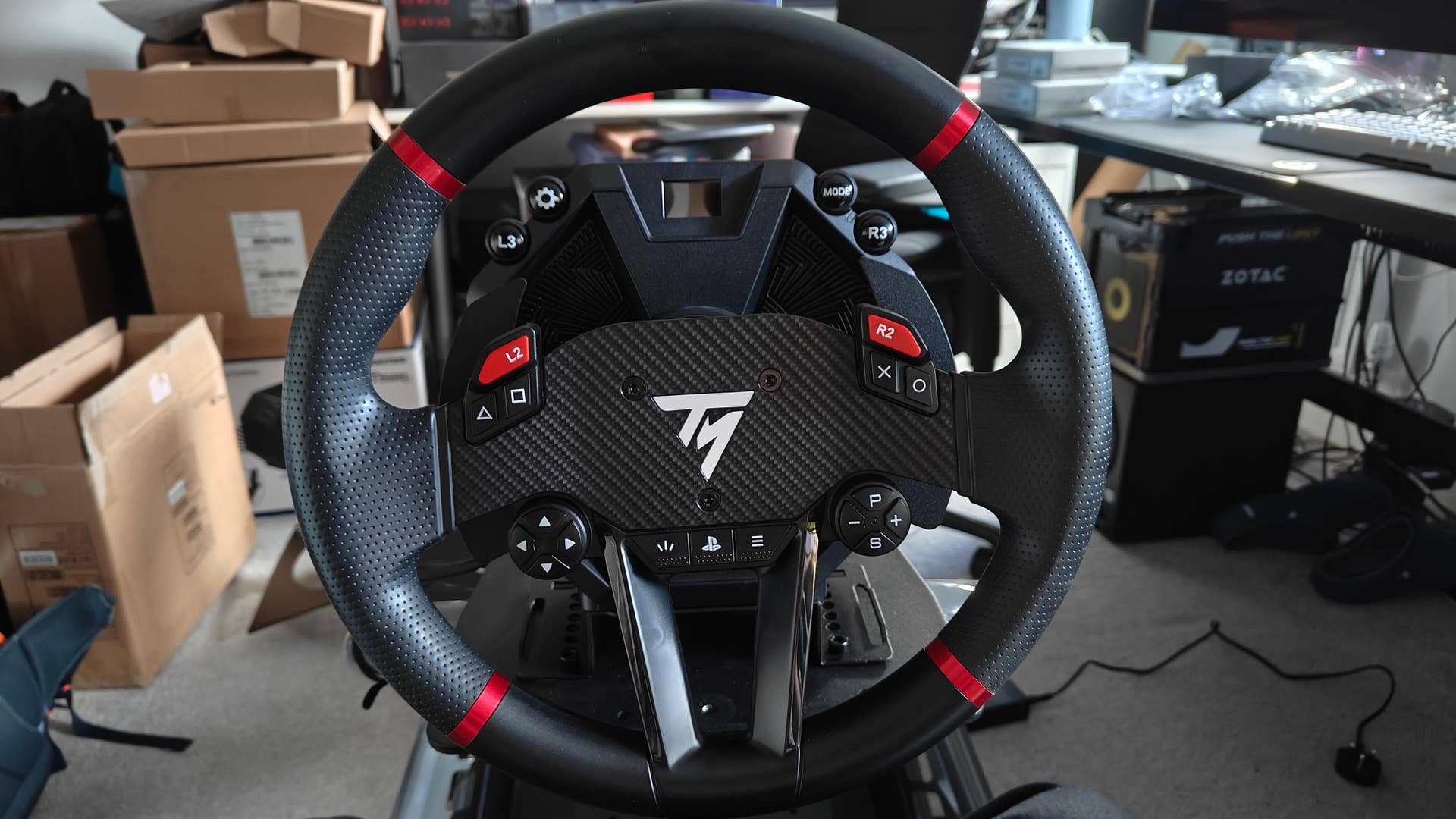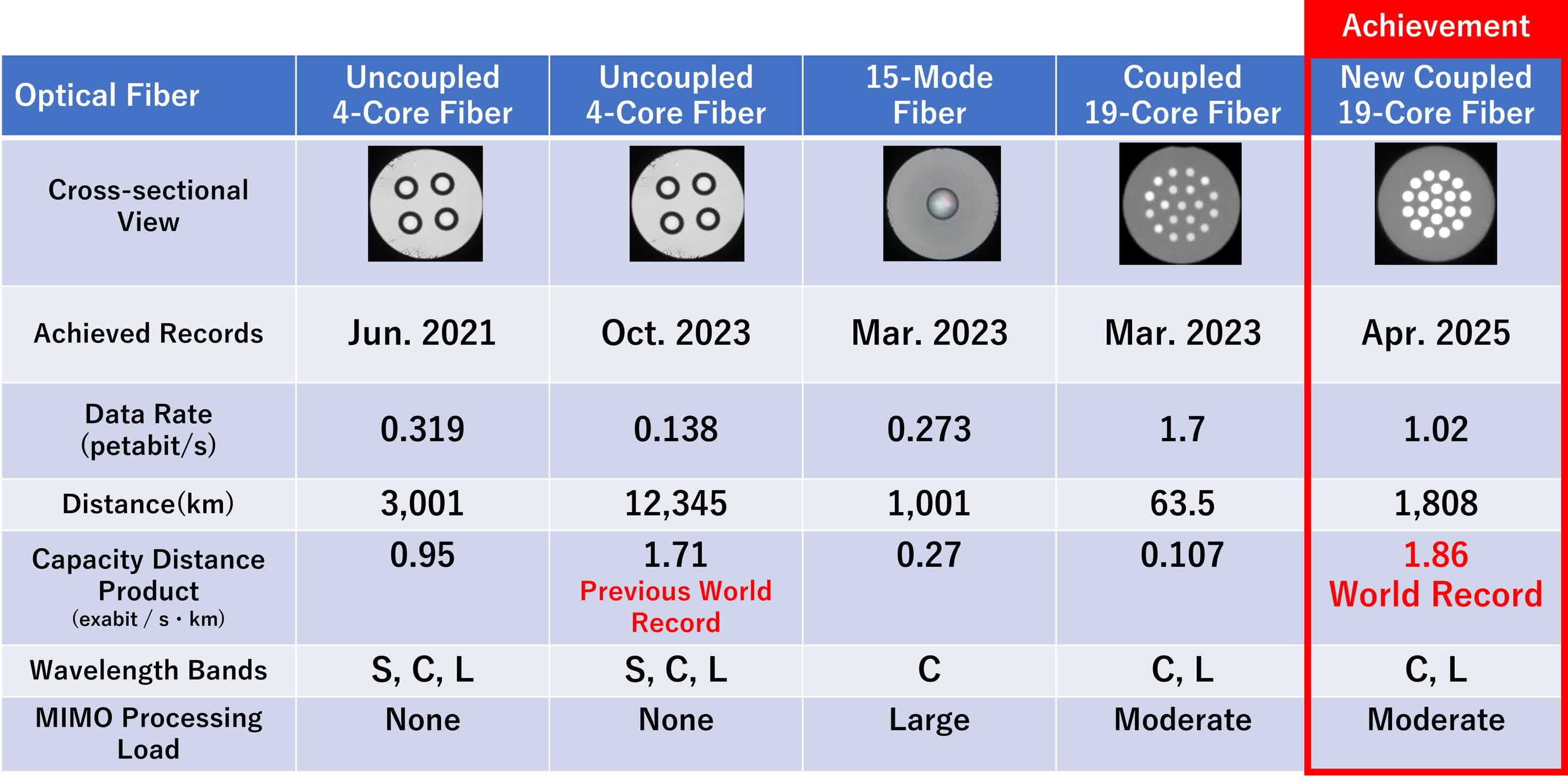Don’t Unbox Your Nintendo Switch 2 Without These Gaming Accessories
The wait is almost over – Nintendo’s Switch 2 officially ships starting today, and the gaming community is electrified with anticipation. With its announcement sending shockwaves through the industry, the Switch 2 promises upgraded hardware, enhanced graphics, and a fresh wave of exclusive titles that have fans and newcomers alike counting down the hours. Social media and gaming forums are buzzing with unboxing plans, early impressions from pre-release units, and speculation about which features will define this next generation of hybrid gameplay.
As any veteran Switch owner knows, the right accessories can dramatically enhance the gaming experience, and the Switch 2 is no exception. Whether it’s for extended play sessions at home, on-the-go protection, or boosting multiplayer fun, accessories are the unsung heroes that maximize the console’s potential. From ergonomic thumb grips and bumper cases to game-cartridge-holders, a well-equipped setup can make all the difference – and JSAUX seems to have everything sorted.
Designer: JSAUX
1. JSAUX Carrying Case for Nintendo Switch 2
No one wants to risk their brand-new Switch 2 rattling around in a flimsy pouch. JSAUX’s Carrying Case ditches the generic for a custom-molded fit, wrapping your console in thick, dual-layer EVA hard-shell that shrugs off drops and shields against everyday scuffs. The plush microfiber lining is a small luxury, keeping your screen pristine even after you inevitably toss the case into a crowded backpack. There’s room for everything you actually need: 15 game card slots, a mesh pocket for cables and earbuds, and enough space for your Switch 2 with its own protective case attached.
JSAUX nails the details with a smooth dual zipper, a Velcro strap to keep your console locked in place, and an adjustable stand that turns any table into a mobile gaming station. Whether you’re heading out for a weekend or just want to keep your gear tidy at home, the comfortable handle and detachable shoulder strap make carrying a breeze. It’s protection, organization, and a flex of practicality, without the bulk.
Why We Recommend It
This is the Switch 2 case for real-world gamers – the ones who actually take their console outside, swap cartridges in weird places, and need gear that isn’t just stylish, but built for chaos. The customizable storage and soft-but-tough protection mean your Switch 2 and accessories survive every bump, drop, or accidental coffee spill. It’s the kind of case that lets you focus on the game, not what’s happening to your hardware.
Click Here to Buy Now:. This code can be stacked with existing product deals or discounts. Hurry, deal ends in 48-hours!
2. JSAUX 3-Pack Tempered Glass Screen Protector for Nintendo Switch 2
You know the moment you peel the plastic off a brand-new console? That pristine look deserves to last. JSAUX’s Tempered Glass Screen Protector for Switch 2 nails that first-day shine with edge-to-edge coverage, engineered specifically for Nintendo’s 2025 flagship. The guide frame makes installation foolproof – seriously, it’s almost impossible to misalign or trap bubbles, even if you’re all thumbs and shaky from launch-day excitement. Once on, the 99% transparency keeps every pixel crisp and colors vibrant, so Breath of the Wild 2 or Mario Kart pop just like on day one.
Built from dual-tempered 9H glass, it shrugs off scratches, rogue keys, and the random chaos of backpack travel. The 0.3mm thickness is as subtle as it gets – no loss of touch accuracy, no weird drag. And thanks to a nano-oleophobic coating, smudges wipe away quickly, so you’re never gaming through a fingerprint haze. Whether you’re marathon grinding or passing the Switch to a pizza-fingered friend, this protector is ready for real-world gaming.
Why We Recommend It
Forget triple-checking your bag for sharp objects – this JSAUX screen protector means your Switch 2 just isn’t precious anymore, it’s practical. Installation is stress-free, the display stays flawless, and your frantic touchscreen mashing never feels laggy. For anyone tired of treating their console like fine china, this is the protection that lets you just play.
Click Here to Buy Now:. This code can be stacked with existing product deals or discounts. Hurry, deal ends in 48 hours!
3. JSAUX Protective Case Compatible with Nintendo Switch 2
Skip the bulky bricks—this JSAUX Protective Carry Case is precision-engineered for the Switch 2 and the Switch 2 only. You get a snug, movement-free fit that feels purpose-built because it is, and it won’t work with any extra shells or cases. The hard PC exterior shrugs off scratches, dust, and splashes, holding up under café tables and cross-country flights alike. Inside, soft silicone strips keep your Switch 2 floating safely, while the clever raised sections mean your joysticks never take the brunt of an accidental bump.
Traveling light? The detachable wrist strap is a small convenience that makes a big difference, and the slim profile means this case slides into any backpack or shoulder bag without hogging space. Built-in game card slots are a thoughtful touch – no more loose cartridges rattling around or getting lost in the depths of your bag. It’s the kind of accessory that makes daily Switch 2 use seamless, keeping your console clean, protected, and always ready to play.
Why We Recommend It
No-nonsense protection, zero wasted space. This case is for people who toss their Switch 2 into a bag and actually live life. The fit is tight, the shell is tough, and the joystick protection is smarter than most cases twice the price. Game card slots mean your library travels with you, not in a Ziploc. It’s the everyday armor you don’t have to think about, but you’ll notice the moment you need it.
Click Here to Buy Now:. This code can be stacked with existing product deals or discounts. Hurry, deal ends in 48-hours!
4. JSAUX Thumb Grips for Nintendo Switch 2
If you’ve ever wished for a thumbstick upgrade on the Switch 2, these JSAUX Thumb Grips are as close as it gets to pro-level control, without needing a soldering iron or a warranty-voiding moment. Designed specifically for the Nintendo Switch 2, they snap on with a reassuring snugness and stay put through frantic boss fights or marathon Splatoon sessions. Three sizesare included in the kit, so you can fine-tune each stick for your hand size and play style – no more settling for “one size fits all” discomfort.
Function isn’t sacrificed for comfort, either. The soft-touch finish and sculpted ergonomic shape actually take the edge off finger fatigue, so you can grind through RPGs or rack up wins in fighters without your thumb locking up. Each cap height serves a purpose: short for fast, twitchy moves in action games, tall for accuracy and steady aim in shooters, original size to simply boost grip. Mix and match to build your own hybrid layout.
Why We Recommend It
Who knew a 10-second upgrade could totally shift your game? These JSAUX Thumb Grips for Switch 2 let you dial in comfort and precision, whether you’re craving snap reflexes in Smash or pixel-perfect aim in Splatoon. No slipping, no awkward fit, no thumb fatigue after hours – just that satisfying soft grip and a custom feel that actually matches your play style. For anyone tired of stock sticks, this is the tweak you’ll wish you’d made sooner.
Click Here to Buy Now:. This code can be stacked with existing product deals or discounts. Hurry, deal ends in 48-hours!
5. JSAUX Dockable Case for Nintendo Switch 2
The JSAUX Protective Case for Nintendo Switch 2 is engineered for gamers who want real protection without sacrificing style or convenience. Its split design means you can effortlessly detach the JoyCons without wrestling with stubborn plastic, and the ultra-thin 1mm PC back shell slides right into the official dock – no need to remove the case every time you charge or play on the big screen. The U-shaped cutout perfectly frames the Switch 2’s built-in kickstand, so you can go from handheld to tabletop mode in seconds, without ever fumbling or forcing a fit.
Hybrid construction is the secret sauce here. The JoyCon covers fuse a transparent, scratch-resistant PC front with a soft-touch TPU back, letting the Switch 2’s design shine while adding grip and comfort for marathon sessions. Every port and button stays fully accessible thanks to precise cutouts, and popping the covers on or off is a breeze. No more risking cracked clips or flaky plastic – just smooth, reliable protection dialed in for everyday use.
Why We Recommend It
Forget clunky cases that ruin the Switch’s sleek vibe or force you to undock every time you want to play on your TV. JSAUX nails the essentials: dock-friendly fit, proper grip, zero interference with the kickstand, and a clear finish that doesn’t hide your console’s good looks. It’s protection that respects the Switch 2’s design – no bulk, no hassle, just smart, seamless defense you barely notice until you need it.
Click Here to Buy Now:. This code can be stacked with existing product deals or discounts. Hurry, deal ends in 48-hours!The post Don’t Unbox Your Nintendo Switch 2 Without These Gaming Accessories first appeared on Yanko Design.
#dont #unbox #your #nintendo #switch
Don’t Unbox Your Nintendo Switch 2 Without These Gaming Accessories
The wait is almost over – Nintendo’s Switch 2 officially ships starting today, and the gaming community is electrified with anticipation. With its announcement sending shockwaves through the industry, the Switch 2 promises upgraded hardware, enhanced graphics, and a fresh wave of exclusive titles that have fans and newcomers alike counting down the hours. Social media and gaming forums are buzzing with unboxing plans, early impressions from pre-release units, and speculation about which features will define this next generation of hybrid gameplay.
As any veteran Switch owner knows, the right accessories can dramatically enhance the gaming experience, and the Switch 2 is no exception. Whether it’s for extended play sessions at home, on-the-go protection, or boosting multiplayer fun, accessories are the unsung heroes that maximize the console’s potential. From ergonomic thumb grips and bumper cases to game-cartridge-holders, a well-equipped setup can make all the difference – and JSAUX seems to have everything sorted.
Designer: JSAUX
1. JSAUX Carrying Case for Nintendo Switch 2
No one wants to risk their brand-new Switch 2 rattling around in a flimsy pouch. JSAUX’s Carrying Case ditches the generic for a custom-molded fit, wrapping your console in thick, dual-layer EVA hard-shell that shrugs off drops and shields against everyday scuffs. The plush microfiber lining is a small luxury, keeping your screen pristine even after you inevitably toss the case into a crowded backpack. There’s room for everything you actually need: 15 game card slots, a mesh pocket for cables and earbuds, and enough space for your Switch 2 with its own protective case attached.
JSAUX nails the details with a smooth dual zipper, a Velcro strap to keep your console locked in place, and an adjustable stand that turns any table into a mobile gaming station. Whether you’re heading out for a weekend or just want to keep your gear tidy at home, the comfortable handle and detachable shoulder strap make carrying a breeze. It’s protection, organization, and a flex of practicality, without the bulk.
Why We Recommend It
This is the Switch 2 case for real-world gamers – the ones who actually take their console outside, swap cartridges in weird places, and need gear that isn’t just stylish, but built for chaos. The customizable storage and soft-but-tough protection mean your Switch 2 and accessories survive every bump, drop, or accidental coffee spill. It’s the kind of case that lets you focus on the game, not what’s happening to your hardware.
Click Here to Buy Now:. This code can be stacked with existing product deals or discounts. Hurry, deal ends in 48-hours!
2. JSAUX 3-Pack Tempered Glass Screen Protector for Nintendo Switch 2
You know the moment you peel the plastic off a brand-new console? That pristine look deserves to last. JSAUX’s Tempered Glass Screen Protector for Switch 2 nails that first-day shine with edge-to-edge coverage, engineered specifically for Nintendo’s 2025 flagship. The guide frame makes installation foolproof – seriously, it’s almost impossible to misalign or trap bubbles, even if you’re all thumbs and shaky from launch-day excitement. Once on, the 99% transparency keeps every pixel crisp and colors vibrant, so Breath of the Wild 2 or Mario Kart pop just like on day one.
Built from dual-tempered 9H glass, it shrugs off scratches, rogue keys, and the random chaos of backpack travel. The 0.3mm thickness is as subtle as it gets – no loss of touch accuracy, no weird drag. And thanks to a nano-oleophobic coating, smudges wipe away quickly, so you’re never gaming through a fingerprint haze. Whether you’re marathon grinding or passing the Switch to a pizza-fingered friend, this protector is ready for real-world gaming.
Why We Recommend It
Forget triple-checking your bag for sharp objects – this JSAUX screen protector means your Switch 2 just isn’t precious anymore, it’s practical. Installation is stress-free, the display stays flawless, and your frantic touchscreen mashing never feels laggy. For anyone tired of treating their console like fine china, this is the protection that lets you just play.
Click Here to Buy Now:. This code can be stacked with existing product deals or discounts. Hurry, deal ends in 48 hours!
3. JSAUX Protective Case Compatible with Nintendo Switch 2
Skip the bulky bricks—this JSAUX Protective Carry Case is precision-engineered for the Switch 2 and the Switch 2 only. You get a snug, movement-free fit that feels purpose-built because it is, and it won’t work with any extra shells or cases. The hard PC exterior shrugs off scratches, dust, and splashes, holding up under café tables and cross-country flights alike. Inside, soft silicone strips keep your Switch 2 floating safely, while the clever raised sections mean your joysticks never take the brunt of an accidental bump.
Traveling light? The detachable wrist strap is a small convenience that makes a big difference, and the slim profile means this case slides into any backpack or shoulder bag without hogging space. Built-in game card slots are a thoughtful touch – no more loose cartridges rattling around or getting lost in the depths of your bag. It’s the kind of accessory that makes daily Switch 2 use seamless, keeping your console clean, protected, and always ready to play.
Why We Recommend It
No-nonsense protection, zero wasted space. This case is for people who toss their Switch 2 into a bag and actually live life. The fit is tight, the shell is tough, and the joystick protection is smarter than most cases twice the price. Game card slots mean your library travels with you, not in a Ziploc. It’s the everyday armor you don’t have to think about, but you’ll notice the moment you need it.
Click Here to Buy Now:. This code can be stacked with existing product deals or discounts. Hurry, deal ends in 48-hours!
4. JSAUX Thumb Grips for Nintendo Switch 2
If you’ve ever wished for a thumbstick upgrade on the Switch 2, these JSAUX Thumb Grips are as close as it gets to pro-level control, without needing a soldering iron or a warranty-voiding moment. Designed specifically for the Nintendo Switch 2, they snap on with a reassuring snugness and stay put through frantic boss fights or marathon Splatoon sessions. Three sizesare included in the kit, so you can fine-tune each stick for your hand size and play style – no more settling for “one size fits all” discomfort.
Function isn’t sacrificed for comfort, either. The soft-touch finish and sculpted ergonomic shape actually take the edge off finger fatigue, so you can grind through RPGs or rack up wins in fighters without your thumb locking up. Each cap height serves a purpose: short for fast, twitchy moves in action games, tall for accuracy and steady aim in shooters, original size to simply boost grip. Mix and match to build your own hybrid layout.
Why We Recommend It
Who knew a 10-second upgrade could totally shift your game? These JSAUX Thumb Grips for Switch 2 let you dial in comfort and precision, whether you’re craving snap reflexes in Smash or pixel-perfect aim in Splatoon. No slipping, no awkward fit, no thumb fatigue after hours – just that satisfying soft grip and a custom feel that actually matches your play style. For anyone tired of stock sticks, this is the tweak you’ll wish you’d made sooner.
Click Here to Buy Now:. This code can be stacked with existing product deals or discounts. Hurry, deal ends in 48-hours!
5. JSAUX Dockable Case for Nintendo Switch 2
The JSAUX Protective Case for Nintendo Switch 2 is engineered for gamers who want real protection without sacrificing style or convenience. Its split design means you can effortlessly detach the JoyCons without wrestling with stubborn plastic, and the ultra-thin 1mm PC back shell slides right into the official dock – no need to remove the case every time you charge or play on the big screen. The U-shaped cutout perfectly frames the Switch 2’s built-in kickstand, so you can go from handheld to tabletop mode in seconds, without ever fumbling or forcing a fit.
Hybrid construction is the secret sauce here. The JoyCon covers fuse a transparent, scratch-resistant PC front with a soft-touch TPU back, letting the Switch 2’s design shine while adding grip and comfort for marathon sessions. Every port and button stays fully accessible thanks to precise cutouts, and popping the covers on or off is a breeze. No more risking cracked clips or flaky plastic – just smooth, reliable protection dialed in for everyday use.
Why We Recommend It
Forget clunky cases that ruin the Switch’s sleek vibe or force you to undock every time you want to play on your TV. JSAUX nails the essentials: dock-friendly fit, proper grip, zero interference with the kickstand, and a clear finish that doesn’t hide your console’s good looks. It’s protection that respects the Switch 2’s design – no bulk, no hassle, just smart, seamless defense you barely notice until you need it.
Click Here to Buy Now:. This code can be stacked with existing product deals or discounts. Hurry, deal ends in 48-hours!The post Don’t Unbox Your Nintendo Switch 2 Without These Gaming Accessories first appeared on Yanko Design.
#dont #unbox #your #nintendo #switch















